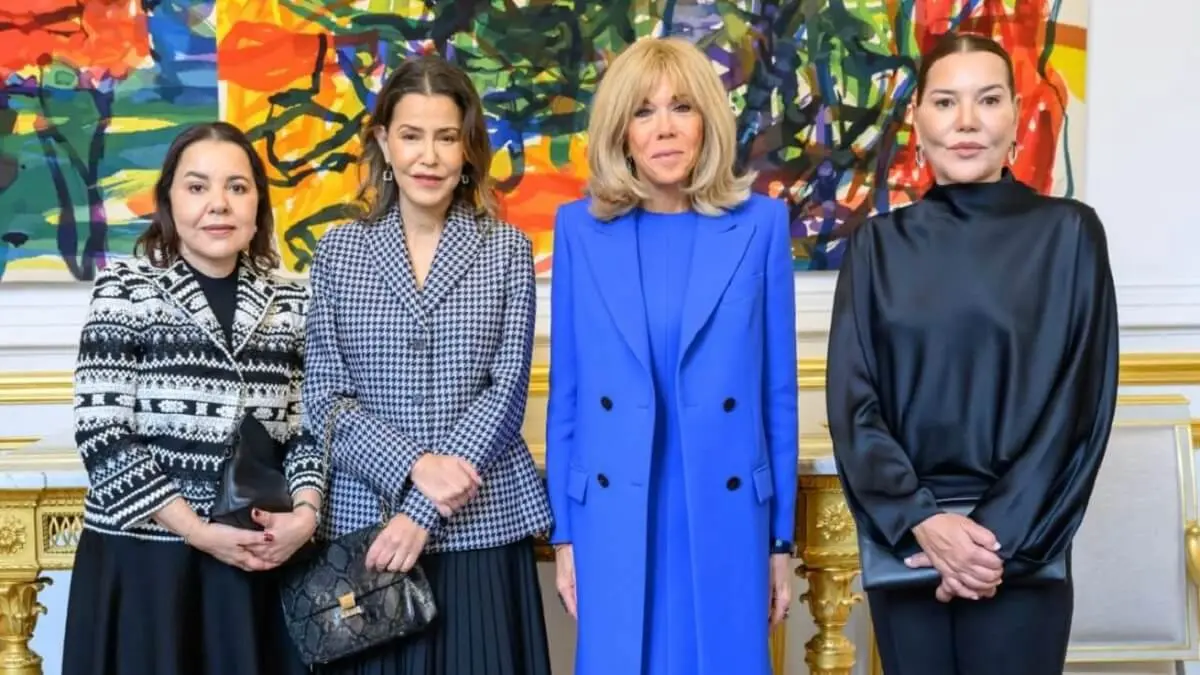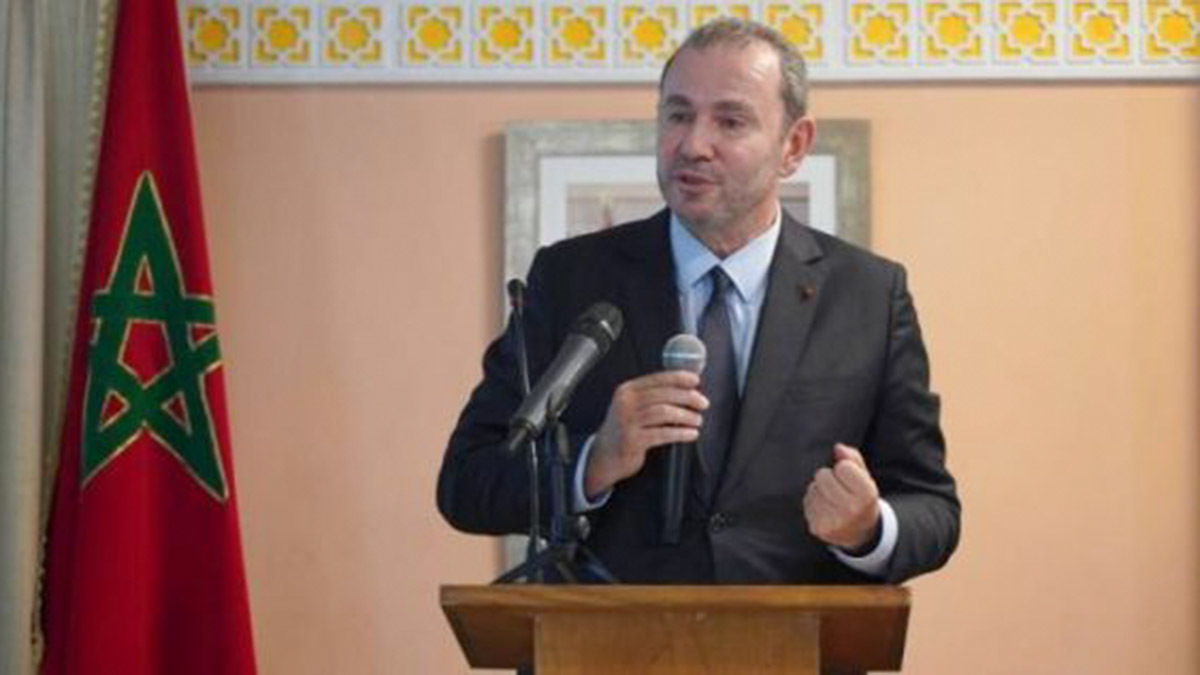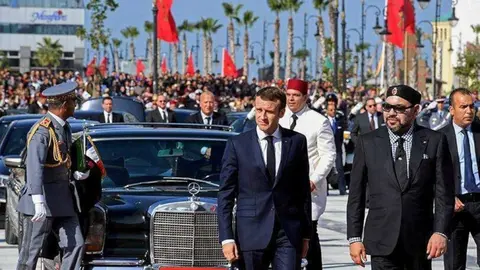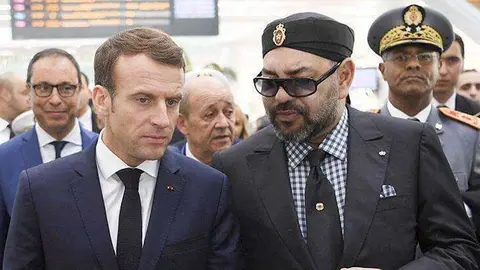France and its closer ties with Morocco

France and Morocco are in the process of further strengthening their diplomatic relations and finally have a point of total confluence, as is now the case with the North African country and Spain.
The main sticking point is the issue of Western Sahara, an issue on which Spain has shown its closeness to Morocco by considering the Moroccan alternative, which includes broad Sahrawi autonomy under Moroccan sovereignty while respecting UN resolutions, as the most serious, credible and realistic way of resolving the Sahrawi dispute, which has lasted more than four decades since the end of the Spanish colonial era.
France continues to be halfway between Morocco's position and that of Algeria, a great rival of the Moroccan kingdom in the Maghreb that aligns itself with the theses of the Polisario Front, a pro-independence organisation that demands a referendum on independence for the Sahrawi population, which has far less international support than the Moroccan position, which has received the backing of nations such as the United States, Israel, the United Arab Emirates, Germany and Spain, and which is difficult to implement due to issues such as the electoral roll, as various experts have pointed out.
Favourable gestures
In this regard, a positive sign from France was the reception given by Brigitte Macron, wife of French President Emmanuel Macron, to the Moroccan princesses Lalla Meryem, Lalla Asmae and Lalla Hasnaa, who were received for lunch on Monday at the Elysée Palace, at the invitation of Brigitte Macron herself.
This lunch is a reflection of the good diplomatic harmony between France and Morocco, the fruit of the historic relations of friendship between the Kingdom of Morocco and the French Republic, despite the fact that the North African nation expects a greater French gesture of support for its proposal for Western Sahara.
In this line, the French Ambassador in Rabat, Christophe Lecourtier, referred to the issue of Western Sahara during a debate on Franco-Moroccan relations that took place at the Faculty of Legal, Economic and Social Sciences after a question about the French position on Western Sahara and noted that “it would be completely illusory and disrespectful to believe that we will build what I hope we can build, brick after brick, to reassure our countries and some other neighbors, without clarifying this issue, knowing that everyone in Paris knows and understands the fundamental nature of the Kingdom, yesterday, today and tomorrow." Lecourtier himself urged the French government to clarify its position with Morocco on Western Sahara.
For the Moroccan kingdom, the question of Western Sahara is paramount because it concerns something as important as its territorial integrity, as it considers the Sahrawi territory to be part of its own country. Morocco is offering a formula of broad autonomy for Western Sahara under Moroccan sovereignty, with the intention of developing the region as much as possible and giving the Sahrawi authorities great room for manoeuvre, which would dominate all areas of management except foreign policy and security, which would remain in the hands of the Moroccan state.
"How can we claim to have these ambitions without taking into account the Kingdom's main concerns on the Sahara issue," questioned Christophe Lecourtier. "In our dialogue with Morocco, this question will be raised, as has been the case since 2007, within the logic of continuing the partnership that has been in place for years and for decades to come," added the French ambassador.

Moroccan caution
From Morocco, these diplomatic moves are greeted with caution and care as it expects a firm decision sooner rather than later from Paris to support Rabat on its proposal for Western Sahara.
The French ambassador had previously promised in a radio interview last November that his country's support for Morocco's position on the Sahara issue "will see new developments, because now we have to move forward". But the important step forward is still awaited from France.
Last week, France's new Foreign Minister Stéphane Séjournet confirmed in an interview that "France's clear and continuous support for Morocco's autonomy plan (in the Sahara) has become a reality since 2007", adding that "it is time to move forward", according to media outlets such as Yabiladi.
If the French ambassador's remarks and Brigitte Macron's reception of the Moroccan princesses are anything to go by, there may soon be positive developments regarding France's alignment with Morocco on Western Sahara.










